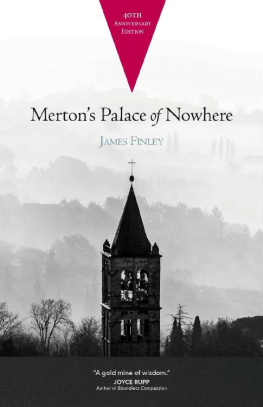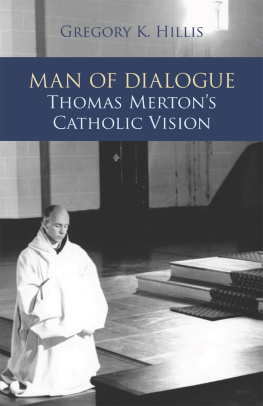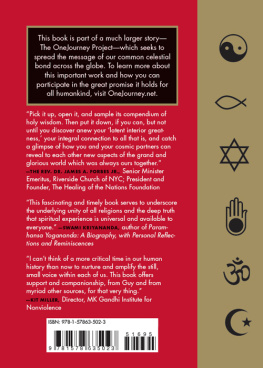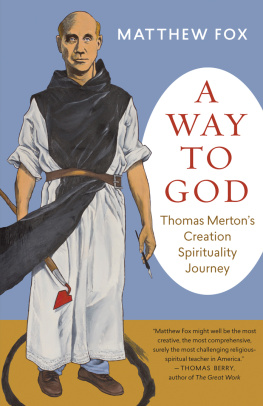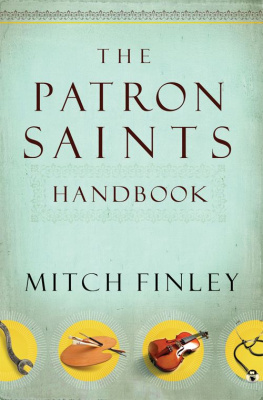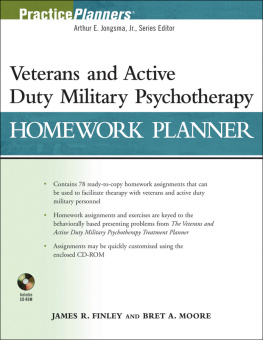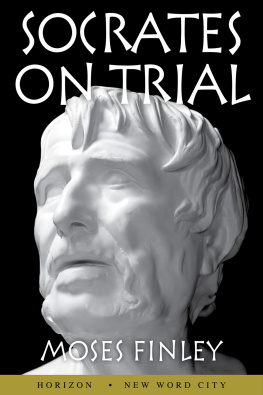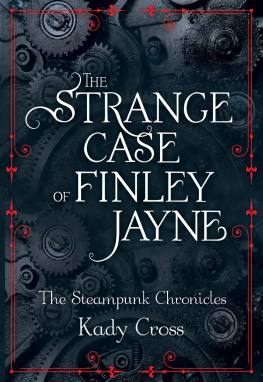James Finley - Mertons Palace of Nowhere
Here you can read online James Finley - Mertons Palace of Nowhere full text of the book (entire story) in english for free. Download pdf and epub, get meaning, cover and reviews about this ebook. year: 2018, publisher: Ave Maria Press, genre: Religion. Description of the work, (preface) as well as reviews are available. Best literature library LitArk.com created for fans of good reading and offers a wide selection of genres:
Romance novel
Science fiction
Adventure
Detective
Science
History
Home and family
Prose
Art
Politics
Computer
Non-fiction
Religion
Business
Children
Humor
Choose a favorite category and find really read worthwhile books. Enjoy immersion in the world of imagination, feel the emotions of the characters or learn something new for yourself, make an fascinating discovery.
- Book:Mertons Palace of Nowhere
- Author:
- Publisher:Ave Maria Press
- Genre:
- Year:2018
- Rating:5 / 5
- Favourites:Add to favourites
- Your mark:
- 100
- 1
- 2
- 3
- 4
- 5
Mertons Palace of Nowhere: summary, description and annotation
We offer to read an annotation, description, summary or preface (depends on what the author of the book "Mertons Palace of Nowhere" wrote himself). If you haven't found the necessary information about the book — write in the comments, we will try to find it.
Mertons Palace of Nowhere — read online for free the complete book (whole text) full work
Below is the text of the book, divided by pages. System saving the place of the last page read, allows you to conveniently read the book "Mertons Palace of Nowhere" online for free, without having to search again every time where you left off. Put a bookmark, and you can go to the page where you finished reading at any time.
Font size:
Interval:
Bookmark:


James Finley is a superb mentor of spiritual transformation. Mertons Palace of Nowhere contains a gold mine of wisdom. It is a book that will never leave my library. There are always more nuggets of spiritual growth in this book that wait for my discovery.
Joyce Rupp
Author of Boundless Compassion
May the clear and compelling message of this book encourage us all to follow along the authentic path of Christian discipleship.
Br. Patrick Hart, O.C.S.O.
Abbey of Gethsemani
This now-classic text celebrates its fortieth anniversary of publication on the fiftieth anniversary of Thomas Mertons death. In the intervening years, James Finleys poetic and insightful exploration of the true self and Mertons many contributions to the spiritual life has proven an invaluable resource and guidebook. With this new edition, more readers will have the opportunity to accompany Mertons former novice in learning to see themselves, the world, and God with renewed vision.
Rev. Daniel P. Horan, O.F.M.
Author of The Franciscan Heart of Thomas Merton
Few people can write with as much authority on Thomas Merton as can his former student James Finley. Let Finley, in this new edition of his now-classic book, introduce you to one of the greatest spiritual masters of our age and the man whose writings changed many lives, including my own.
Rev. James Martin, S.J.
James Finley describes the spiritual life as the long and often arduous journey on which we slowly become detached from our false, illusory selfa self that is little more than the collective evaluations and affirmations of our surroundingsand are opened up to receive a new self that is participation in the life of God. In this journey that we all must make if we take our search for God seriously, Merton proves to be an excellent guide.
From the foreword to the first edition by Henri J. M. Nouwen

Preface to the 40th Anniversary Edition 2017 by James Finley.
_____________________________
1978 by Ave Maria Press, Inc.
All rights reserved. No part of this book may be used or reproduced in any manner whatsoever, except in the case of reprints in the context of reviews, without written permission from Ave Maria Press, Inc., P.O. Box 428, Notre Dame, IN 46556, 1-800-282-1865.
Founded in 1865, Ave Maria Press is a ministry of the United States Province of Holy Cross.
www.avemariapress.com
Cover image maxdis / iStock / Getty Images Plus.
Cover and text design by Andy Wagoner.
Paperback: ISBN-13 978-0-87793-041-9
E-book: ISBN-13 978-1-59471-317-0
Printed and bound in the United States of America.

Contents

Foreword
The only time I met Thomas Merton, I was struck by his utter earthiness. While on a retreat at the Abbey of Gethsemani, two students from the University of Notre Dame who had made an appointment to meet Merton at the lakeside asked me to join them. It was a very chatty encounter. We talked a little about abbots, a little about Camus and a little about writing. We drank beer, stared into the water, and let some time pass in silencenothing very special, profound, or spiritual. In fact, it was a little disappointing. Maybe I had expected something unusual, something to talk about with others or to write home about. But Thomas Merton proved to be a very down-to-earth, healthy human being who was not going to perform to satisfy our curiosity. He was one of us.
Later, when I studied Mertons books, taught a course about his life and works, and wrote a short introduction to his thought, I became very grateful for that one unspectacular encounter. I found that whenever I was tempted to let myself be carried away by lofty ideas or cloudy aspirations, I had only to remind myself of that one afternoon to bring myself back to earth. When my minds eye saw him again as that earthy man, dressed in sloppy blue jeans, loud, laughing, friendly and unpretentious, I would realize that Merton was and is no more than a window through whom we may perhaps catch a glimpse of the One who had called him to a life of prayer and solitude. Every attempt to put Merton on a pedestal would not only horrify Merton himself, but would also be in direct contrast to everything for which he stood. Merton expressed this unambiguously when, after 20 years of monastic life, he wrote: My monastery... is a place in which I disappear from the world as an object of interest in order to be everywhere in it by hiddenness and compassion (Preface to the Japanese edition of The Seven Storey Mountain , p. 11). To make Merton again an object of interest would be like robbing him posthumously of his vocation. It belonged to the essence of his vocation to let the old interested and interesting self die and to receive a new self which is hidden in God.
Why, then, another book on Merton? Not because Merton was so interesting and unusual, but because he was and still is an excellent guide in our search for God. James Finley, who lived with Merton for six years, has used Merton in the only way Merton was willing to be used: as a guide on our way to God. This book is, therefore, not primarily about Merton. Rather, it is a book about our spiritual journey, for which Merton offers ideas, suggestions and necessary encouragement, but in which he never becomes the object of interest himself.
Merton is a good guide. He felt our times well, and he was a perceptive observer of the many ups and downs in the spiritual struggles of contemporary men and women. With his remarkable literary talent, Merton was able to articulate his outer and inner worlds in such a way that his fellow travelers discovered in him an excellent interpreter of their own experiences and a good friend to help them find the way through often unknown territory.
In this book, a choice has been made. James Finley has chosen to lift out of Mertons works the theme of our quest for a spiritual identity, a theme which can be found in the spiritual writings of all Christian centuries, but which has received a new emphasis in our days. James Finley describes the spiritual life as the long and often arduous journey on which we slowly become detached from our false, illusory selfa self that is little more than the collective evaluations and affirmations of our surroundingsand are opened up to receive a new self that is participation in the life of God. In this journey that we all must make if we take our search for God seriously, Merton proves to be an excellent guide not only because he knows the Christian tradition so well, but also because his study of Eastern Mysticism had given him words to articulate in a fresh, often playful and humorous, way this eternal quest for our true identity. James Finley has made full use of Mertons rich knowledge of the West and the East and so has been able to give his study the same broad perspective which is so characteristic of Mertons later work.
I hope that all those who read this very insightful book will be able to detach themselves more and more from the desire to know Merton and become more and more open to receive the knowledge of Gods presence in their lives. I am sure that this would please not only Thomas Merton, but James Finley as well.
Next pageFont size:
Interval:
Bookmark:
Similar books «Mertons Palace of Nowhere»
Look at similar books to Mertons Palace of Nowhere. We have selected literature similar in name and meaning in the hope of providing readers with more options to find new, interesting, not yet read works.
Discussion, reviews of the book Mertons Palace of Nowhere and just readers' own opinions. Leave your comments, write what you think about the work, its meaning or the main characters. Specify what exactly you liked and what you didn't like, and why you think so.

